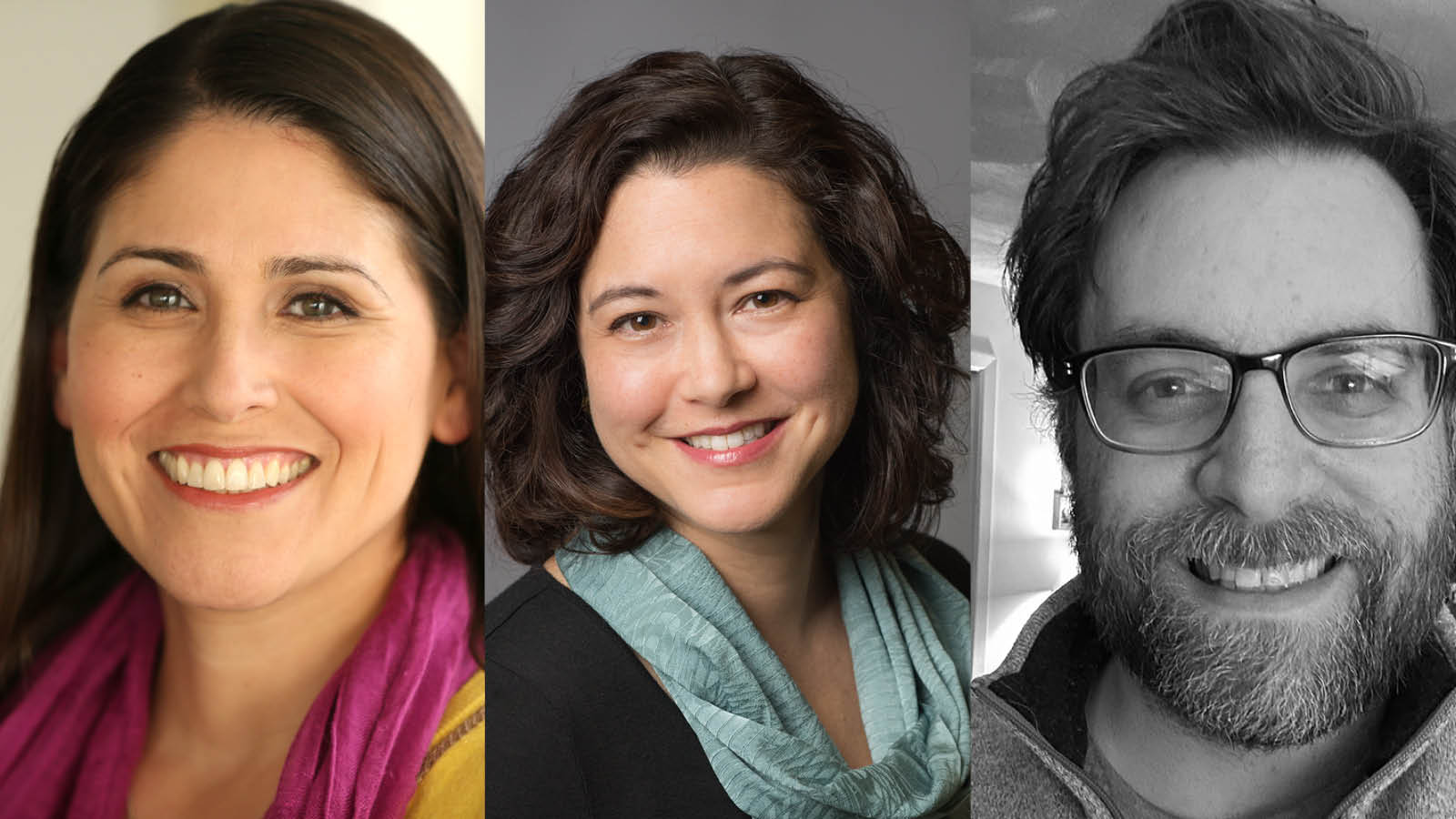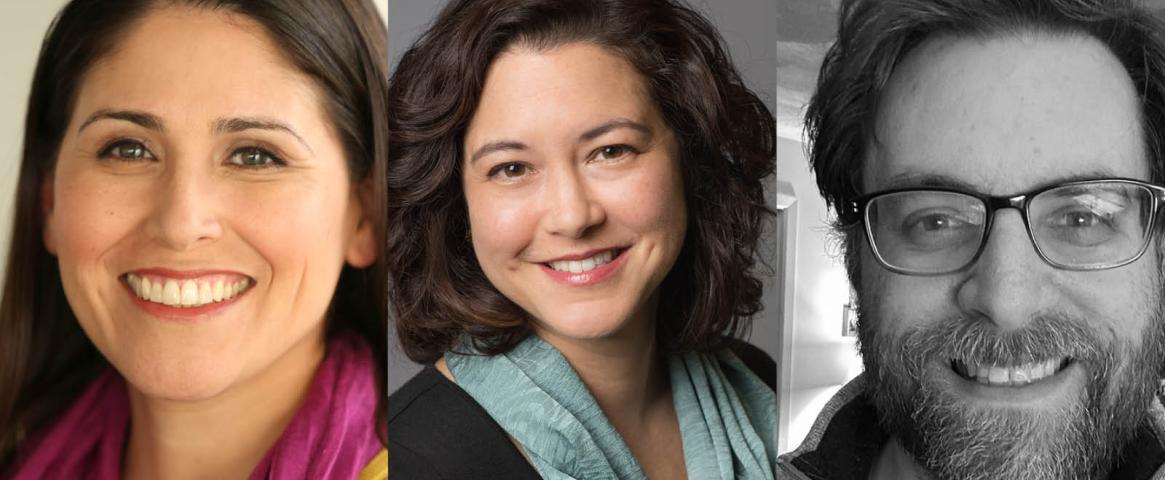The Grants Committee of the National Association of Science Writers has selected two proposals to receive its NASW Peggy Girshman Idea Grants for 2024. The $11,400 awarded in this latest funding round adds to more than half a million dollars granted since the program’s inception in 2010.
Created to provide seed grants to projects and programs that encourage science writing professions and professionals, NASW’s Idea Grant program is named in honor of the late journalist Peggy Girshman, who passed away in 2016. Girshman, a founding member of the NASW Grants Committee, was a longtime mentor and advocate for science writers. Her distinguished career included positions at several media organizations, including NPR, several broadcast organizations, and Kaiser Health News, which she helped co-found.
The committee reviewed 25 proposals, awarding grants to the following programs:
Connecting First-Gen Students with Early-Career Science Writers through Collaborative Mentorship ($7,800)
Organizing Team: Shaun Kirby (University of Rhode Island), Ellen Kuwana (Kuwana Consulting, LLC), Eric Chudler (University of Washington)
Kirby, Kuwana, and Chudler will develop a mentorship program for first-generation college students to gain hands-on experience in science journalism. Participants will pair up with an early-career journalist mentor to write three or four science news stories and pitch at least one of them to a local news outlet. The program will also support the mentors, who are first-generation students themselves, through training in the principles behind equitable mentorship practices.
"Writing about science is a challenging process, and developing effective skills to understand and synthesize complex information is impacted by a range of instructional, cognitive, environmental and psychosocial factors. First-generation college students (FGS) [...] are at a particular disadvantage in developing such skills," the team wrote. "This near-peer mentorship opportunity will help participants build positive interpersonal skills and senses of belonging, provide opportunities for reflection and support around challenges unique to FGS, and offer effective mastery experiences around communicating science that may increase future employment opportunities. This program may also help participants develop long-term professional relationships that might otherwise not be available to them without the mentorship experience."
A Toxic Trail: The dangerous legacy of lead-contaminated soil in America’s cities ($3,600)
Organizing Team: Yvette Cabrera (The Center for Public Integrity)
Cabrera, a senior reporter at the Center for Public Integrity who has covered soil lead contamination for the past eight years, will develop a tool-kit and experts database for journalists interested in writing about this global issue. She will also organize a webinar on reporting about lead contamination and using the database she creates, which will be shared across NASW platforms.
“Identifying the environmental sources of lead contamination is key to preventing lead poisoning in children. However, most reporters don’t have the resources to learn how to investigate this problem to produce the evidence of this invisible public health threat,” Cabrera wrote. “By providing reporters with a step-by-step guide to test the soil, map the results, and investigate potential sources in their cities, I will be removing one of the roadblocks many journalists face in determining whether to take on an investigation. I’ll also identify leading soil lead experts that journalists can interview as they conduct their investigations.”
 Recipients of the 2024 NASW Peggy Girshman Idea Grants are Yvette Cabrera, and Ellen Kuwana with Shaun Kirby. (Photo Credits: Daniel A. Anderson; Ellen Kuwana, Shaun Kirby)
Recipients of the 2024 NASW Peggy Girshman Idea Grants are Yvette Cabrera, and Ellen Kuwana with Shaun Kirby. (Photo Credits: Daniel A. Anderson; Ellen Kuwana, Shaun Kirby)
Since 2010, NASW has funded projects totaling almost $600,000 to benefit science writers and communicators. Applications for grants, which generally range from $1,000 to $15,000, typically open in the fall of each year. The 2023-24 Grants Committee members are: Sheila Burt Lai (chair), Elliot Richman, Daniel Serrano, Cassandra Willyard, and Ling Xin. For more information, visit nasw.org/awards/ideagrants
Founded in 1934 with a mission to fight for the free flow of science news, NASW is an organization of ~2,400 professional journalists, authors, editors, producers, public information officers, students and people who write and produce material intended to inform the public about science, health, engineering, and technology. To learn more, visit www.nasw.org and follow NASW on LinkedIn and Bluesky. And join us in celebrating #NASW90th.




